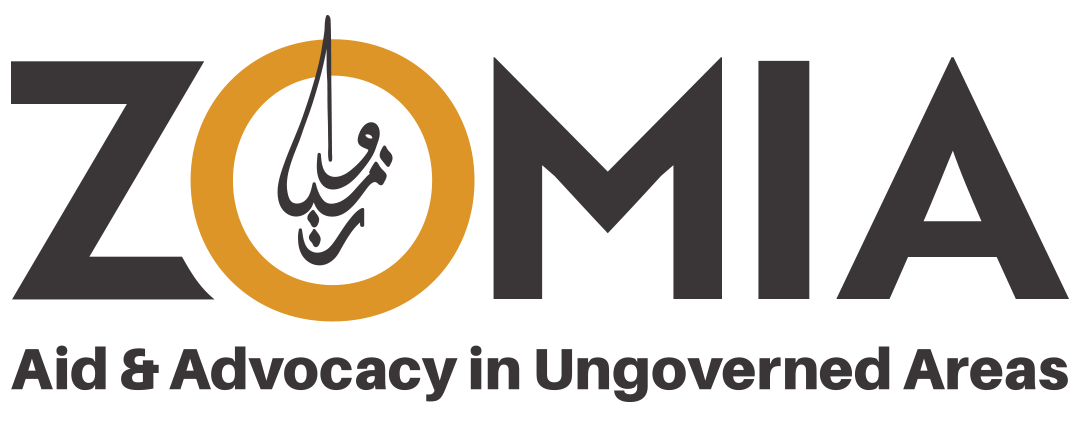Our History
The Zomia Center was founded in 2017 by Anand Gopal, Nick McDonell, Tom Peter, and Anita Sreedhar. As a group of journalists, academics, and researchers who had spent years working in ungoverned and semi-governed spaces, they found that such regions are often difficult or impossible to access for state authorities and international organizations, and remain understudied.
Meanwhile, people living in such spaces often lack access to crucial legal and developmental aid, including primary health care and population-level approaches that target disease and inequality. Zomia was founded to address this gap.
Zomia Today
In 2019, Zomia was formally incorporated as a nonprofit in New York state (EIN 30-1201889). Today, Zomia carries out a range of humanitarian, public health, research, and advocacy projects in Syria, Iraq, and Afghanistan.
Zomia’s staff is based across Syria, Iraq, Afghanistan, Europe, and the United States. Zomia’s work has been made possible by support from the Ford Foundation, The Centre for Humanitarian Dialogue, International Committee of the Red Cross, Arizona State University’s Center on the Future of War, New America, and Drexel University.
Why “Zomia?”
Scholars first used the word Zomia to describe the historically contested uplands of Southeast Asia. (Zomi means highlander in a number of languages spoken in the region.) By applying the term Zomia to our work in nonstate spaces, the Center aims to build on a rich tradition of non-state scholarship and activism, in the belief that empirical understanding of the contested present is necessary for a more peaceful and egalitarian future.
-
• Public health surveillance in Syria to assist the design of vaccination campaigns, including COVID-19
• Efforts to help victims of U.S. airstrikes obtain condolence payments from the U.S. government
• Projects designed to support local organizations catalog individuals forcibly disappeared by ISIS, with the aim of helping to bring closure to loved ones
• Programs to support Afghan refugees
Zomia is unique in linking these endeavors to cutting-edge, granular research in non-state spaces. The Center produces deeply researched reports for the public on issues ranging from the Syrian war to vaccination deserts in the United States.
-
• Collecting local, community-level histories in order to understand the hegemony of “political” Islam as a discourse of resistance
• The modalities of rebel governance
• Public health and epidemiology in non-state spaces
•The role of proxy warfare in producing and maintaining non-state spaces
•Alternative modes of humanitarian delivery, including direct cash transfers and universal basic income


